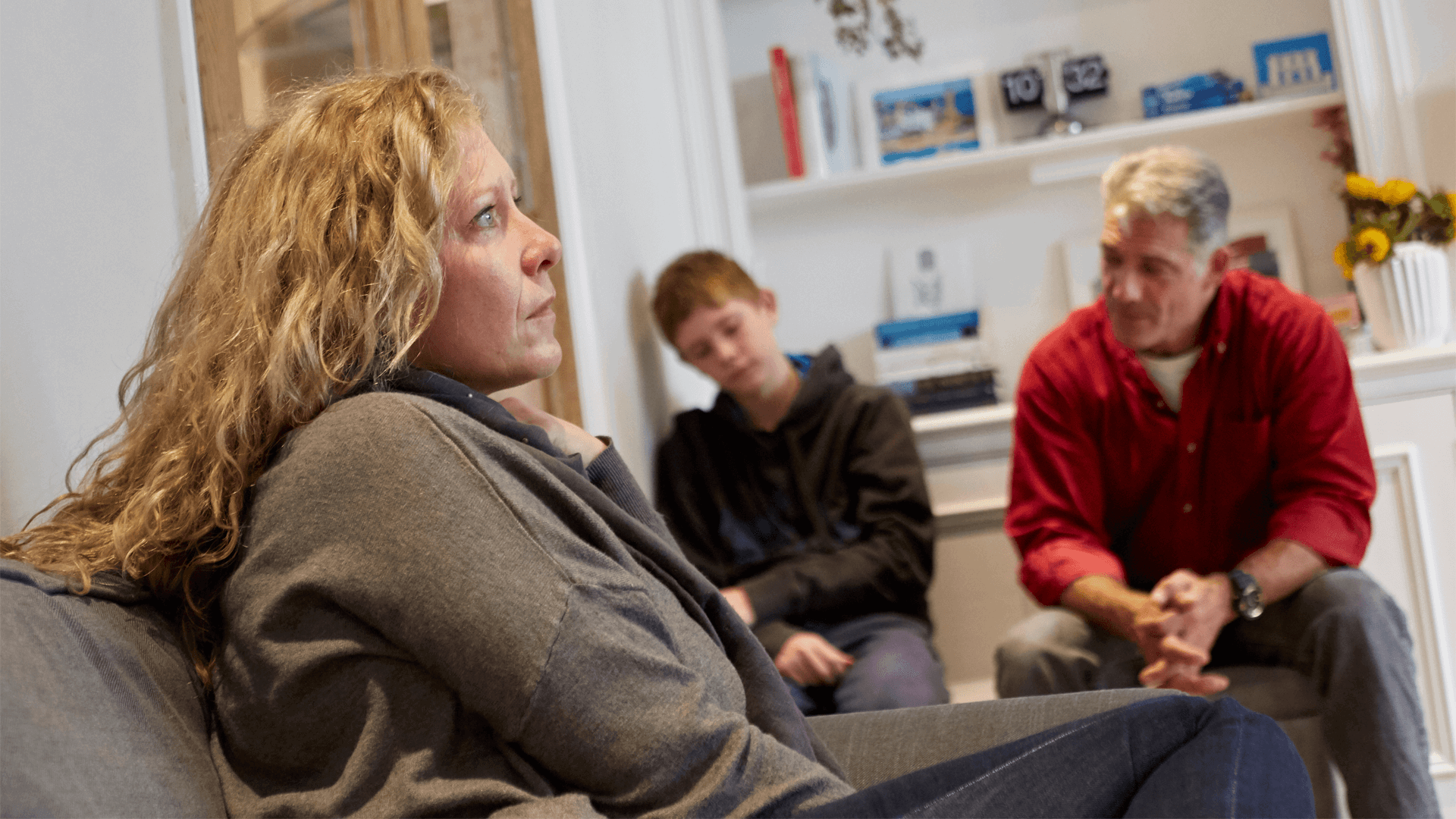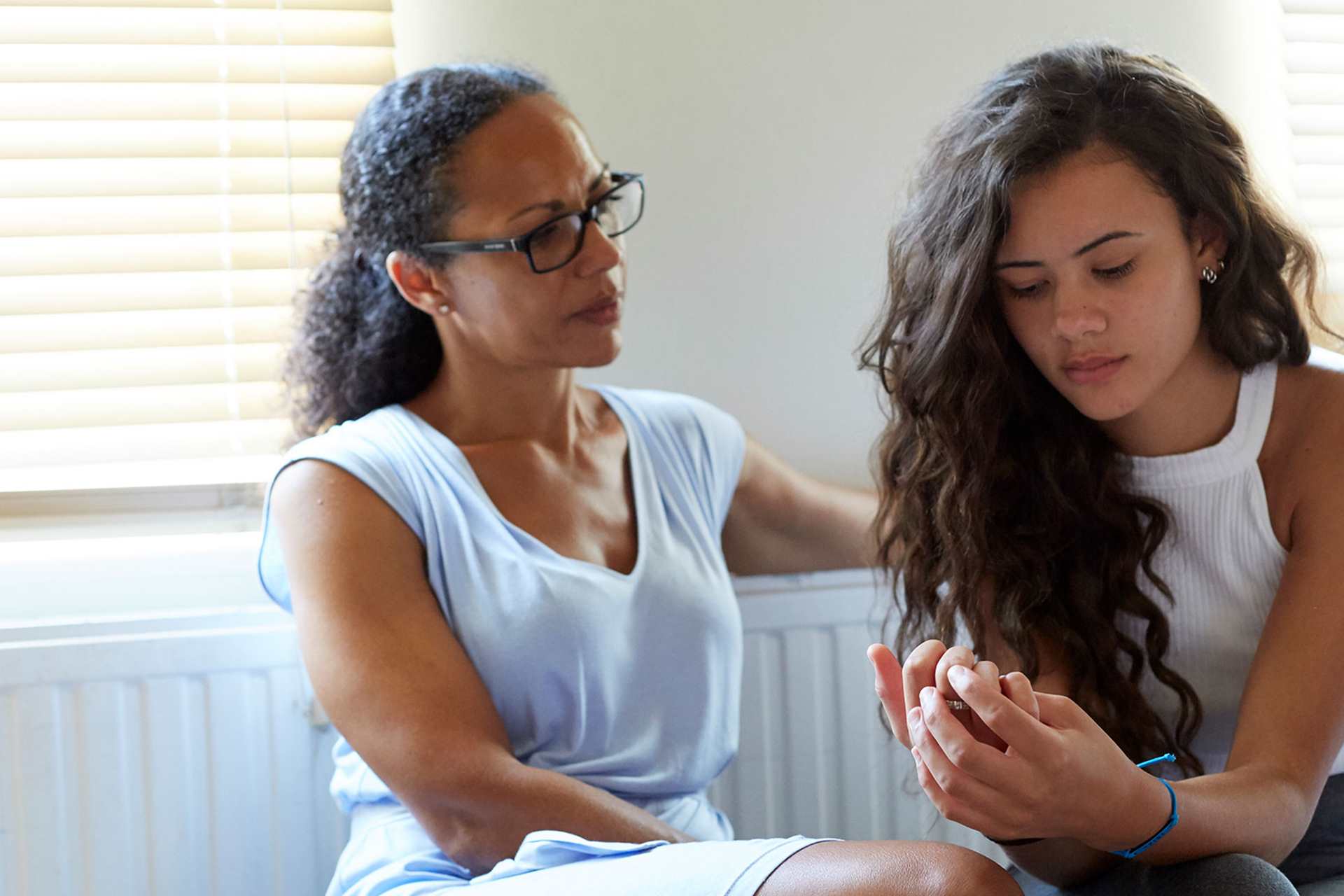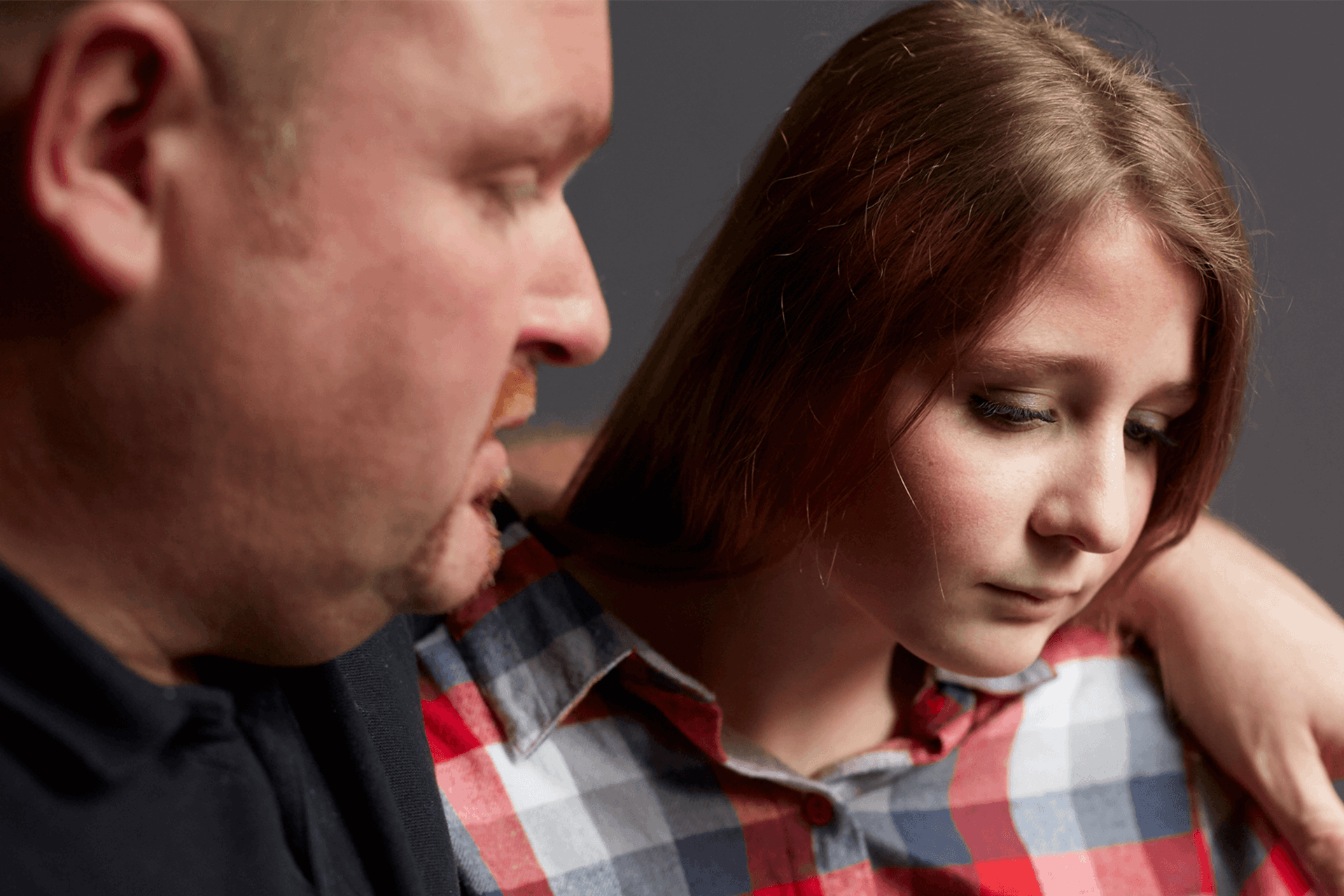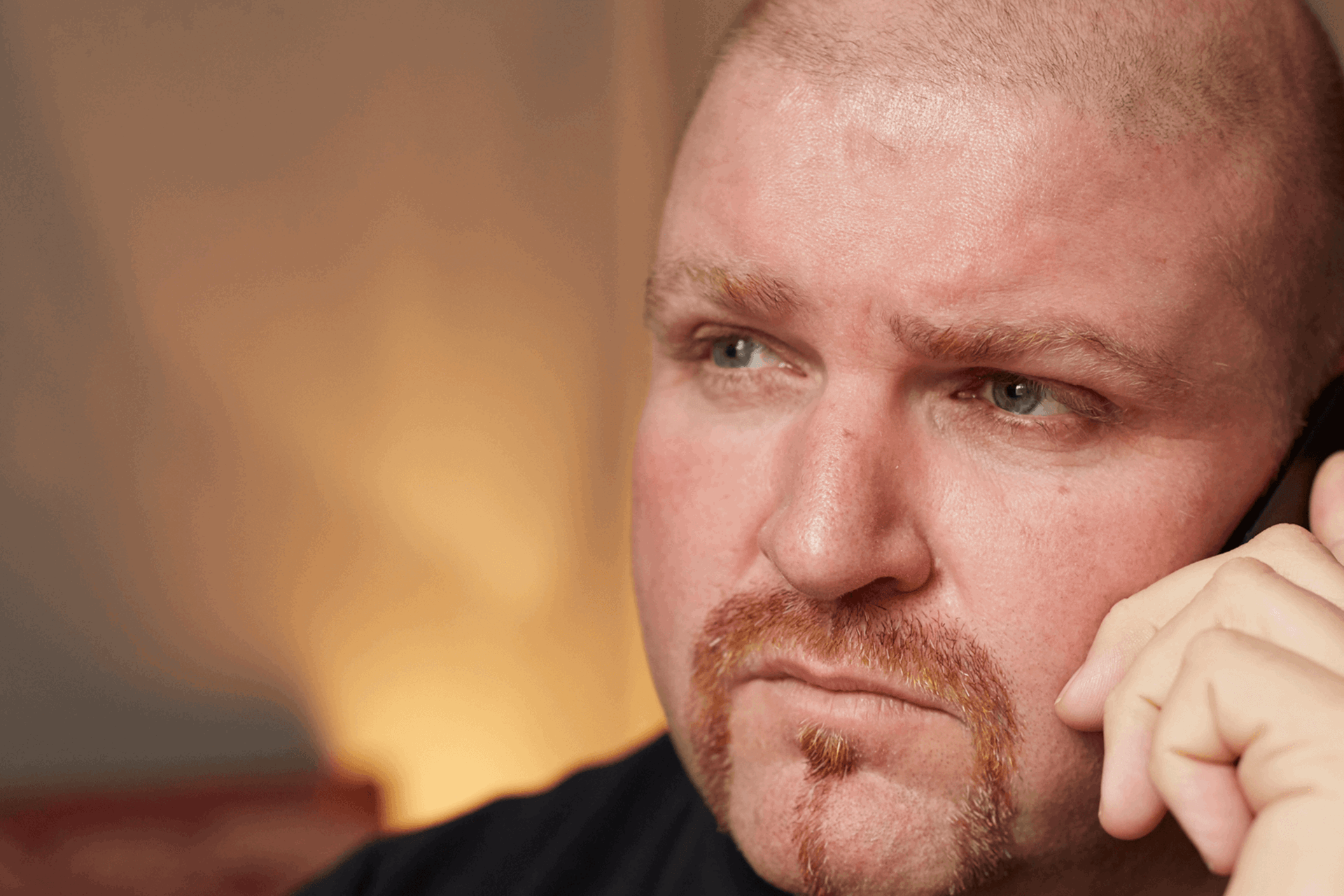Topics mentioned: inpatient care, getting support from mental health services
About: Our blogger Immi interviewed her parents about how it was for them when she went into inpatient care. Here she shares their thoughts and advice.
When I was 16, I spent ten months in a psychiatric unit. It involved leaving my home, my family, and - hardest of all - my parents. I know that right now, there are over a thousand families in the same situation, and there will be thousands more.
For this blog, I interviewed my parents – something I wouldn’t recommend to someone in the depths of their illness! A lot of this was hard to hear, and even harder to write, but I hope it will be of real help to other parents.
Support is available if you know where to look. Just like your child, you don’t have to do this alone.
Feeling relieved
When I asked my parents how they felt when I was admitted to an inpatient unit, their answer surprised me – “relief.” I don’t know what I was expecting to hear, maybe that they felt sadness or loss? But no. They felt like they’d done all they could, like nothing else was working and they needed a way out. I can understand that – I felt the same way.
The responsibility of caring for a suicidal child is immense. When I went to hospital, they handed over that responsibility to people who seemed more able to handle it. They also described feeling guilty for feeling relieved; they felt slightly like they were giving up as parents. But this was a part of parenthood that most parents don’t ever have to face.
Once, my mother had asked me to put the alarm on when I left the house, because when she came home and it was off with no response, she worried I was lying in the house somewhere, attempting suicide.
The responsibility of caring for a suicidal child is immense. When I went to hospital, they handed over that responsibility to people who seemed more able to handle it.
Being in inpatient care
When that stress was handed to the hospital staff, it wasn’t all plain sailing. Both of my parents admitted they didn’t feel they could ask questions or be involved in my care, at least in any meaningful way. They didn’t know what rights they had to information, or what to do if they were worried about me.
Information sharing in inpatient units is difficult, as the young person’s wishes should be respected as much as possible. In my case, I didn’t want anything to be shared with my parents. That isn’t a reflection on them; I’m just a very private person when it comes to the details of my medical treatment. While total radio silence is almost impossible, the unit pretty much did what I asked. This left my parents without any understanding of what was happening or what they could do to support me at home.
The relationship between my parents and the unit wasn’t always easy either. They felt judged, like they’d done something damaging as parents to cause my illness. Despite logically knowing that wasn’t the case, they couldn’t shake the feeling that they were always getting it wrong. My mother works full time, so family therapy at 9am on a Friday morning forced her to take the morning off work. Yet she couldn’t not come, because she felt that the staff would form opinions of her as a 'bad' parent if she didn't attend.
Both of my parents admitted they didn’t feel they could ask questions or be involved in my care, at least in any meaningful way.
Looking for support
My parents both felt like there wasn’t enough support available for them. My mother wanted more recognition from me that my illness was something the entire family was suffering from, not just me. She labelled that desire as selfish, but I don’t necessarily think it is. There wasn’t a snowball’s chance in hell that I could provide that recognition, but I think it’s completely normal to want it.
They said they wanted to speak to a family like ours, but maybe further along in their journey - sort of like a buddy system, with parents who understood and who they could vent to. I would have wanted that for them as well. As a parent, you need support and understanding. You just can’t look for that from your child.
My parents both felt like there wasn’t enough support available for them.
However you feel is valid
The main message my parents wanted to share with others is that it’s okay. It’s okay to feel however you feel, even if it feels like something you’d be judged for. Support networks for parents do exist, like the YoungMinds Parents Helpline. There are people who understand, and who can support you through an incredibly difficult time.
Maybe one day you and your child will be able to talk openly about the illness and how it affected your family, like we did.
It’s okay to feel however you feel, even if it feels like something you’d be judged for.
Be as supportive as you can
The advice my mother would give to anyone in her position is “be as supportive as you can.” If your child doesn’t want to go to school, maybe try and encourage them, but don’t create hostility around it – it’s not worth it. If your child is regularly refusing school, the issue is far beyond your ability to fix.
She wanted to make me better through sheer force of will. Unfortunately, that isn’t possible. However, the support from my parents made me feel like it was the three of us against my illness, rather than everyone against me.
The support from my parents made me feel like it was the three of us against my illness, rather than everyone against me.
Let go of any expectations
Her final advice was to let go of many of the expectations you may have had for your child. In her case, it was me sitting my A-Levels and going to university with my peers (which I ended up doing anyway).
“It doesn’t matter if they don’t do that now. It doesn’t matter if they don’t do that at all” That’s where we were all lucky to have my dad. He was able to adjust his expectations for me far more easily, providing a model for her to follow. Unfortunately, I didn’t get the memo about letting go of expectations, but the lack of pressure from them made me feel supported, but not rushed into, getting back to some semblance of a normal life.
We made it through the illness, and you will too. This is some of the advice my parents wished they’d had – and hopefully it’s good advice for you too.
Support is available if you know where to look. Just like your child, you don’t have to do this alone.
Where to get help
If you are worried about your child's mental health, support is available. For information about CAMHS and how to access support, read our parents' guide to CAMHS.
Spread the word





